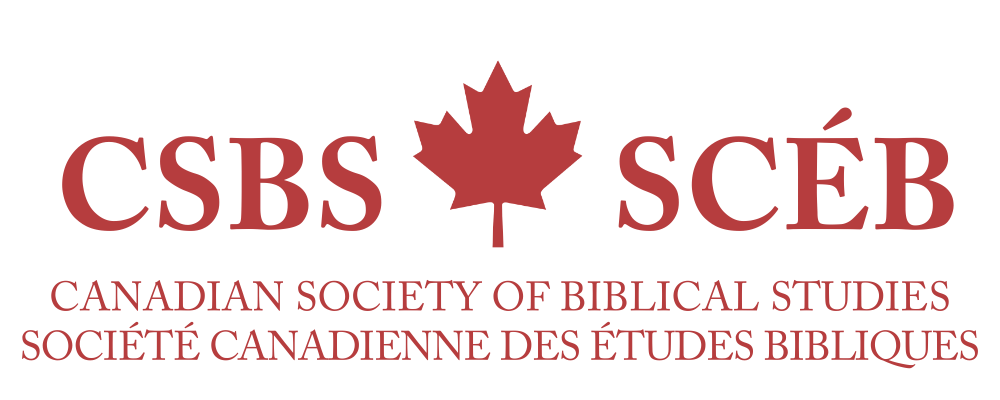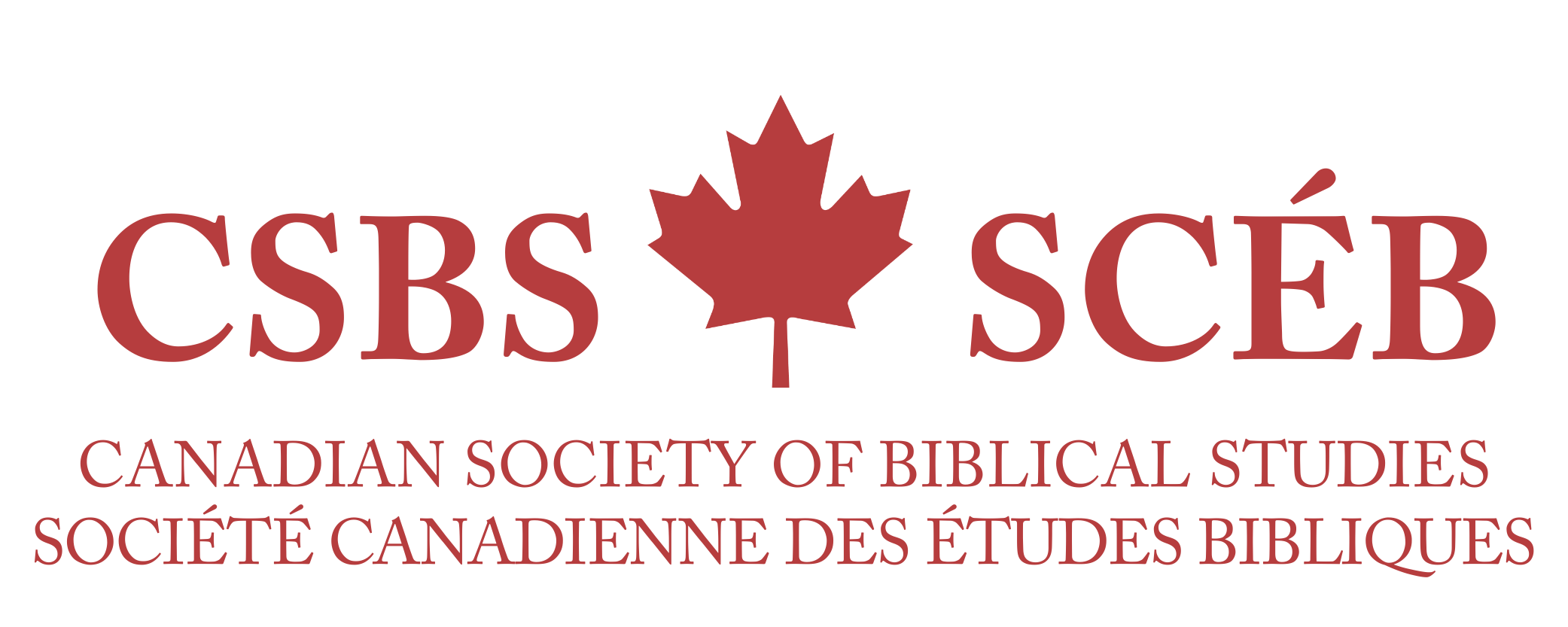Emotion and Affect in Mediterranean Antiquity
Call for Papers| Congress 2020 | London, Ontario
The Emotion and Affect in Mediterranean Antiquity Seminar of the Canadian Society of Biblical Studies announces the following sessions for the 2020 conference in London, Ontario. If you have questions, please contact any of the members of the steering committee, Colleen Shantz (c.shantz@utoronto.ca), Maia Kotrosits (kotrositsm@denison.edu), Richard Ascough (rsa@queensu.ca).
One session will be open and invites papers that provide an address to an ancient text, object, or historical phenomenon of the writer’s choice, but that reflects the seminar’s values and interests as stated in the Seminar Description below.
We will also host the following special session:
Papers for this session will respond, in some way, to Yael Navaro-Yashin’s article, “Affective Spaces, Melancholic Objects: Ruination and the Production of Anthropological Knowledge” (2009). See below for summary and link. The seminar solicits full papers, with a plan for collective publication, with the author responding.
These papers do not, however, need to be straightforward responses to Navaro-Yashin, or necessarily a direct “application” of her work to the study of antiquity. They might, for instance, take inspiration from Navaro-Yashin’s haunted picture of Cyprus as an experience of cultural conflict and the afterlives of war; her integration of material and affective/experiential questions in the description of a historical landscape; her theorization of affect with respect to ruination; or her re-articulation of ethnography as an enterprise. The only parameters are that the proposed papers related substantively to Navaro-Yashin’s piece, and so in order to treat or theorize about felt experience at the intersection of the personal/subjective and the social/cultural, in all its fullness and complexity, in the ancient world.
“Affective Spaces, Melancholic Objects: Ruination and the Production of Anthropological Knowledge” Yael Navaro‐Yashin
Summary: This article critically engages with recent theoretical writings on affect and non‐human agency by way of studying the emotive energies discharged by properties and objects appropriated during war from members of the so‐called ‘enemy’ community. The ethnographic material comes from long‐term fieldwork in Northern Cyprus, focusing on how it feels to live with the objects and within the ruins left behind by the other, now displaced, community. I study Turkish‐Cypriots’ relations to houses, land, and objects that they appropriated from the Greek‐Cypriots during the war of 1974 and the subsequent partition of Cyprus. My ethnographic material leads me to reflect critically on the object‐centred philosophy of Actor Network Theory and on the affective turn in the human sciences after the work of Gilles Deleuze. With the metaphor of ‘ruination’, I study what goes amiss in scholarly declarations of theoretical turns or shifts. Instead, proposing an anthropologically engaged theory of affect through an ethnographic reflection on spatial and material melancholia, I argue that ethnography, in its most productive moments, is trans‐paradigmatic. Retaining what has been ruined as still needful of consideration, I suggest an approach which merges theories of affect and subjectivity as well as of language and materiality.
Full article available here.
Seminar Description
This seminar attempts to characterize, log, differentiate, and interpret the vicissitudes of felt experience in antiquity, as this experience is tied into biological, social, and cultural conditions. In addressing felt experience, which is typically taken for granted if not entirely neglected in historical work, we hope to identify new possibilities for understanding the literature and social worlds of the ancient near east and Mediterranean basin. Our goal is to go further than simply collating instances of named emotions, or creating intellectual histories for felt experience in antiquity. In other words, the seminar will use feeling and experience (which affect and its attendant theories address) as platforms to stage to more thoroughgoing historical inquiries: how personal and impersonal forces and factors collide in ancient literature and social life, how cognitive and biological factors might interact with social forces and products, and how experiences of all kinds appear on – or disappear from – more official historical registers. How do we capture experience? What might theories of affect and emotion offer that traditional tools and methods of historical inquiry have left out or left unaddressed? How might attention to affect and emotion fill out our pictures of the ancient world, and biblical and related literatures within it?
Proposals for the special session (500 word limit) should specify the intended point of contact with both the article and religion in Mediterranean antiquity. Proposals for the open session should be 250 words.
All proposals are due by January 10, 2020.

